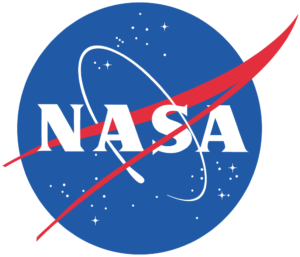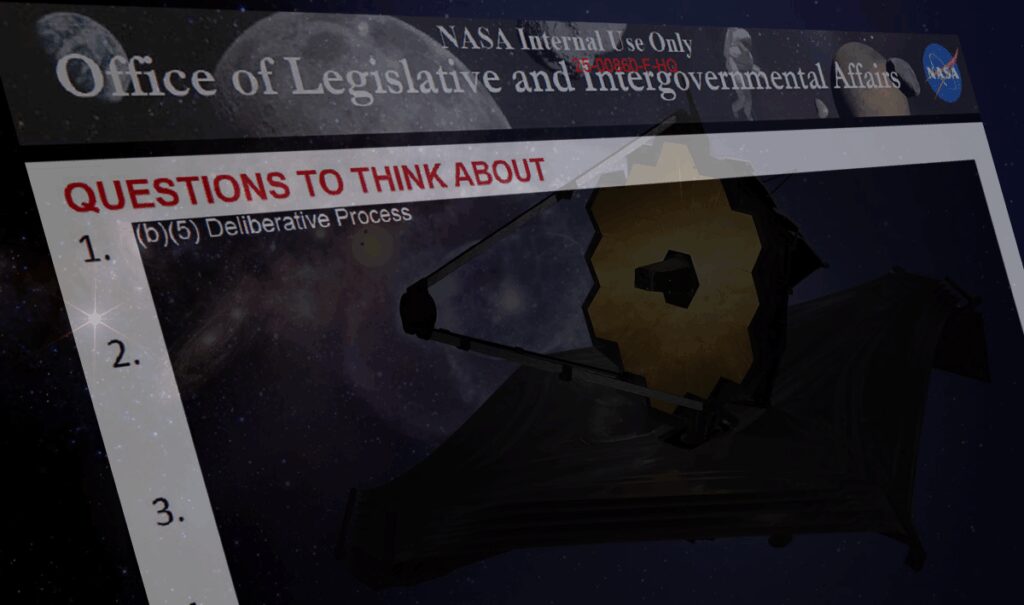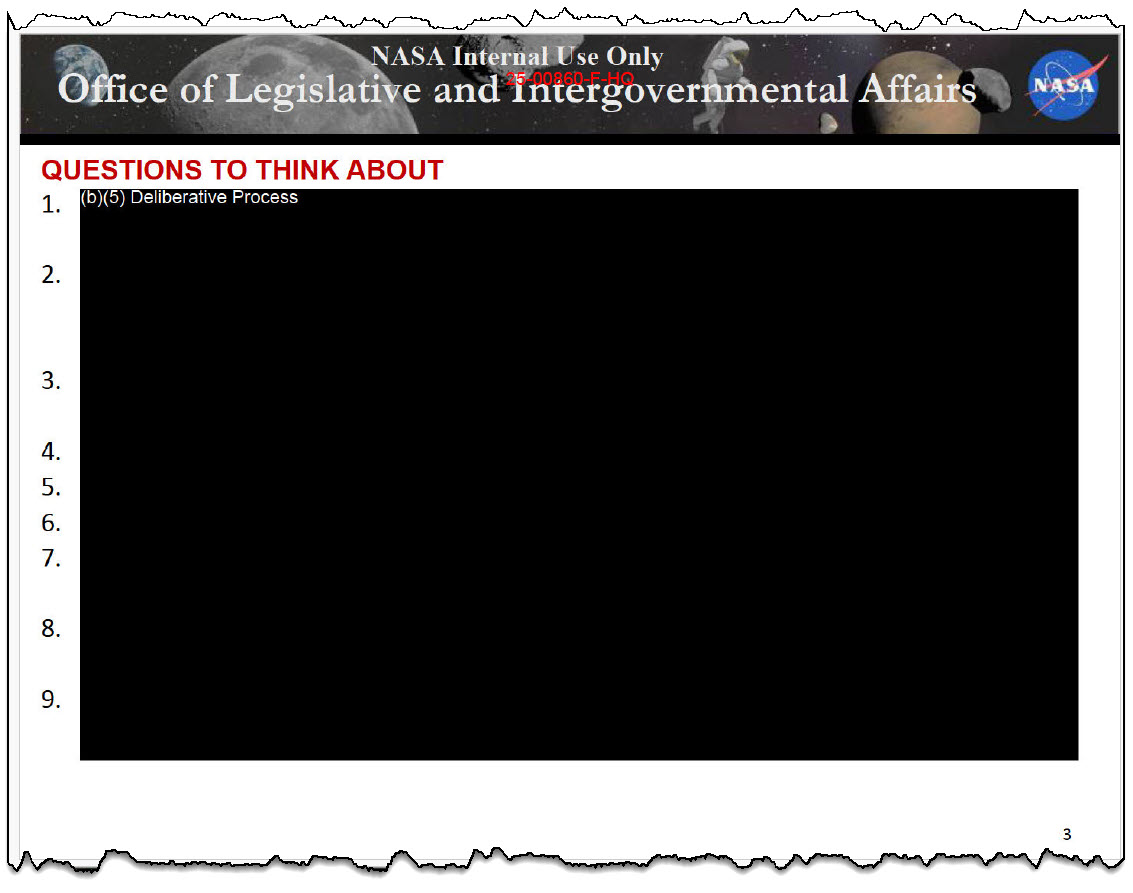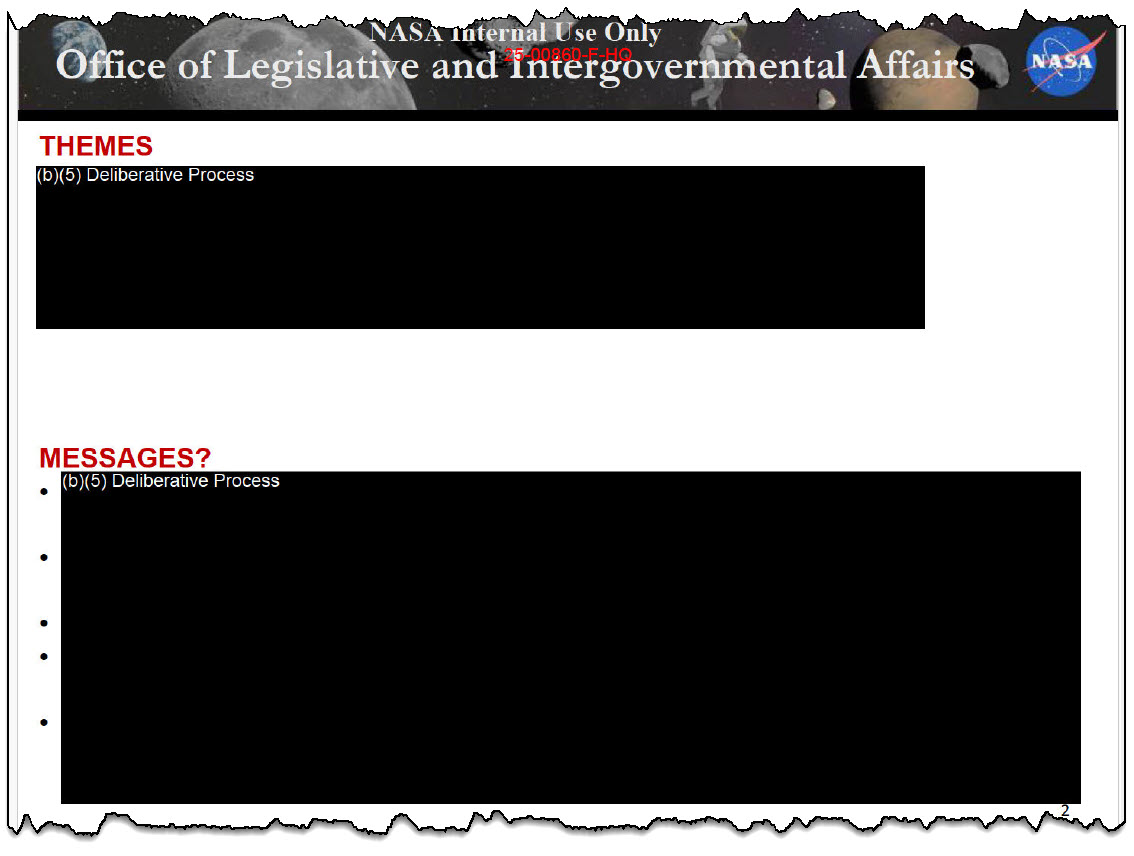
In September 2024, a Freedom of Information Act (FOIA) request was filed with NASA seeking records of congressional briefings on the James Webb Space Telescope (JWST). The request asked for both classified and unclassified materials created between 2021 and 2024, including any briefings on discoveries made by the telescope.
The request filed by The Black Vault was prompted by a wave of speculation online that suggested NASA had secretly briefed lawmakers on groundbreaking discoveries made by JWST. In mid-September 2024, a YouTube video and subsequent social media posts claimed the telescope had detected a mysterious object moving toward Earth, sparking rumors that Congress had been given a classified update. These claims gained further traction when journalist Matt Laslo, through his Ask a Pol project, directly asked Representative Andre Carson whether he had attended classified JWST briefings. Carson, who had previously chaired a congressional hearing on unidentified aerial phenomena, declined to respond. His refusal to comment was interpreted by some as confirmation, further fueling speculation that confidential briefings had taken place.
However, NASA’s initial response was that no records existed. According to the October 9, 2024, denial letter, searches of the Offices of Legislative and Intergovernmental Affairs (OLIA) and the Science Mission Directorate turned up nothing responsive.
 An appeal challenged the adequacy of this search, citing NASA’s public testimony before Congress about JWST in November 2022, which would have likely required preparatory and briefing materials, either of which should have been considered responsive to the original request. In December 2024, NASA’s Office of the General Counsel sided with the appeal. The determination stated that responsive records had in fact been located and remanded the request for further processing.
An appeal challenged the adequacy of this search, citing NASA’s public testimony before Congress about JWST in November 2022, which would have likely required preparatory and briefing materials, either of which should have been considered responsive to the original request. In December 2024, NASA’s Office of the General Counsel sided with the appeal. The determination stated that responsive records had in fact been located and remanded the request for further processing.
On August 29, 2025, NASA released a set of twenty-four pages of documents under the new case number 25-00860-F-HQ. The records included briefing slides prepared for a November 15, 2022, prep session ahead of a House Subcommittee on Space and Aeronautics hearing titled “Unfolding the Universe: Initial Science Results from JWST” to be held the following day. Witnesses included Dr. Mark Clampin, NASA’s Astrophysics Division Director; Dr. Steven Kinkelstein, Professor of Astronomy at the University of Texas at Austin; and Dr. Natalie Batalha, Professor of Astronomy and Astrophysics, and Director of Astrobiology, at the University of California, Santa Cruz.
The released material revealed the structure of NASA’s internal preparations, but not the content within. Slide headings included “Themes,” “Messages?,” “Questions to Think About,” “Further Questions to Think About,” and “Even More Questions”. However, nearly all of the content beneath these headings was withheld under FOIA Exemption (b)(5), the “deliberative process” privilege.
FOIA Exemption (b)(5) does not signify that records are classified. Instead, it protects pre-decisional, deliberative communications inside government agencies. In this case, NASA argued that releasing the withheld material would harm the agency’s ability to engage in candid internal discussions when preparing for congressional hearings. “If these pre-decisional, deliberative communications were released to the public, NASA and other Executive Branch employees would be much more cautious in their discussions with each other,” the response stated.
Despite NASA’s explanation, the decision to withhold raises questions. The records now confirmed as existing were initially denied in their entirety under a “no records” determination. Only after appeal did NASA admit the material was locatable and responsive. Even then, much of it was withheld.
This is especially notable given that the November 16, 2022, hearing was a public event. NASA officials openly testified about JWST’s science, and the video of that hearing remains available for anyone to watch. The heavily redacted slides released through FOIA were preparatory materials for that same public session. Under FOIA, Exemption (b)(5) allows, but does not require, agencies to withhold pre-decisional or deliberative content. Agencies may choose not to invoke the privilege if the material is not deemed sensitive. In this case, NASA opted for near-total redactions, leaving unclear why internal notes and suggested talking points tied to a public hearing could not be disclosed.
Given the context, and that the FOIA request stemmed from persistent rumors about possible classified JWST briefings, the redactions, and the agency’s initial “no records” claim, raise further questions about transparency. While there is no evidence that classified briefings on JWST discoveries occurred, the case illustrates how challenging it can be to obtain even basic preparatory materials for congressional hearings through FOIA, even if the hearing is a public one.
The Black Vault has filed another appeal, fighting the (b)(5) exemption use. The results of that will be published, when available.
###
Document Archive
 FOIA Case 25-00860-F Release Package [27 Pages, 2.4MB]
FOIA Case 25-00860-F Release Package [27 Pages, 2.4MB]
